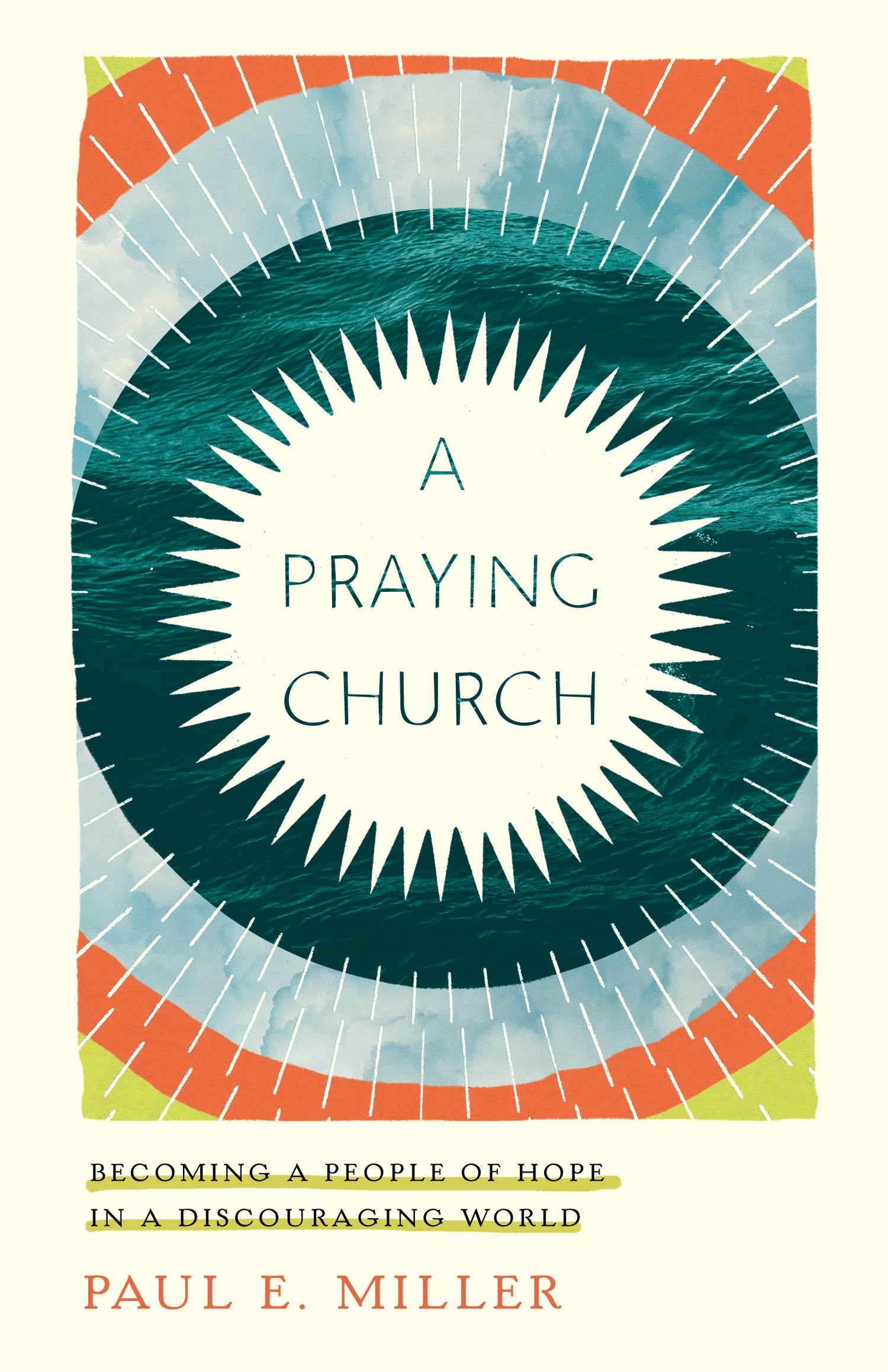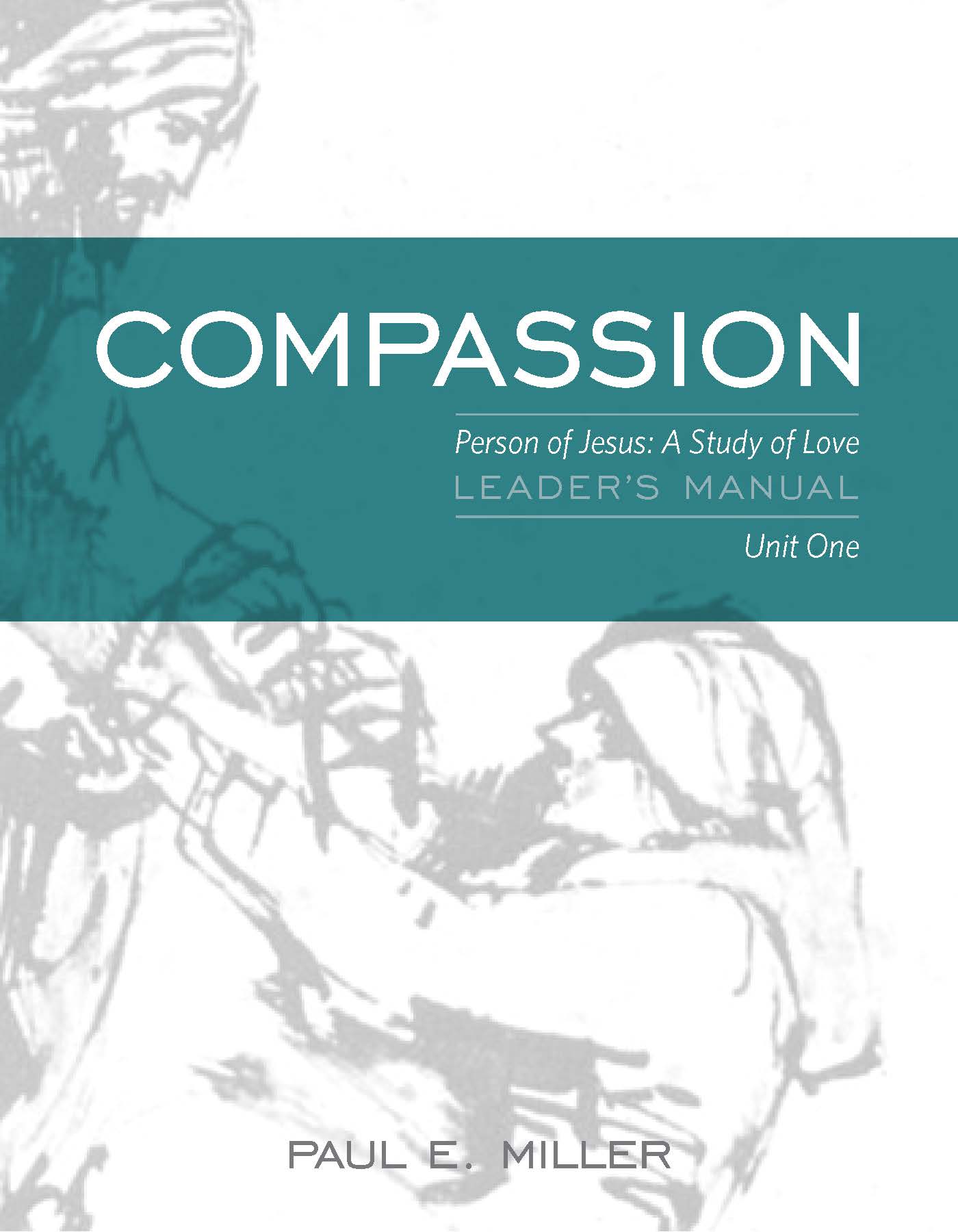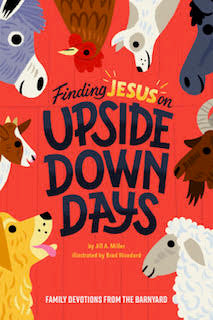Over the last few years I’ve been reflecting on how the nature of the universe is revealed in common, everyday moments, as in traffic.
For example, you’re in heavy traffic, and someone from the opposite direction wants to make a left-hand turn in front of you. To let them do so might cost you missing a traffic light. Their turn signal shows that they are requesting a gift. If you give them a gift of time, they wave thanks, and you nod in exchange. It is a dance that happens all the time—although it’s probably rarer here in Philly than in many parts of the world! But when it happens, we connect and there’s a little community, though I will likely never see that person again. Giving creates community.
These brief moments, I believe, are so satisfying because in them we touch the deepest structure of the universe, reflecting to us the very mind of God: all of life is gift.
In a fallen world, this natural giving structure breaks down. Instead of requesting a gift, the other driver cuts me off, in effect demanding the gift, and I have to forgive. Or they take your gift but don’t thank you (very common in Philly!). Or I am the cold-hearted driver who refuses the request. Romans 1 tells us the first move of our hearts in our ancient rebellion against God was thanklessness. You can trace most sin to distortions of gift-giving. These moments reveal whether we are living as gift-givers or some distortion of giving.
If I am aware that my life is a gift and that my Father has given his only begotten son (John 3:16), it frees my spirit when I encounter people who aren’t participating in the gift-giving, who give badly, or who thank badly. I don’t have to enter their world. I can forgive them.
Strikingly, Jesus calls us to restore the fallen world by returning to God’s primal act of giving by becoming a gift-giver, even to the demanding or cold-hearted driver. Forgiveness freely offered restores the broken chain of giving, receiving, and thanking. It’s a unilateral gift to the person who has done evil to you. Think of Jesus’ parable in Matthew 18 about the man who was forgiven 10,000 talents (the entire wealth of the Roman world). He received an enormous gift, and yet he was unable to turn and release someone who owed him. If I am aware that my life is a gift and that my Father has given his only begotten son (John 3:16), it frees my spirit when I encounter people who aren’t participating in the gift-giving, who give badly, or who thank badly. I don’t have to enter their world. I can forgive them.
In one of the hardest periods of my life, when I couldn’t even pray, the only thing I could do was read Psalm 23 every morning. I was frozen spiritually, yet somewhere in the middle of that season I began to review the previous day and thank God for his small gifts. I would write them in my journal. Many years later, it’s still my first move in prayer every morning. It was out of that experience that I began to notice these gift-giving cycles in traffic and elsewhere. In the last couple of years, my sense of the wideness of God’s gift continues to grow. When I encounter a beautiful scene, I’ll pause to thank God; when I’m healthy, I’ll thank God for his gift.
The apostle Paul, quoting Jesus, tells the Ephesian elders, “It is better to give than receive.” These are the only words we have of Jesus’ earthly life outside the Gospels. All of life is gift!
This article is a partial transcript of our podcast titled “All of Life Is a Gift.” If you’d like to read more about gift-giving and the nature of God, Paul recommends a book by John Barclay called "Paul and the Gift."








